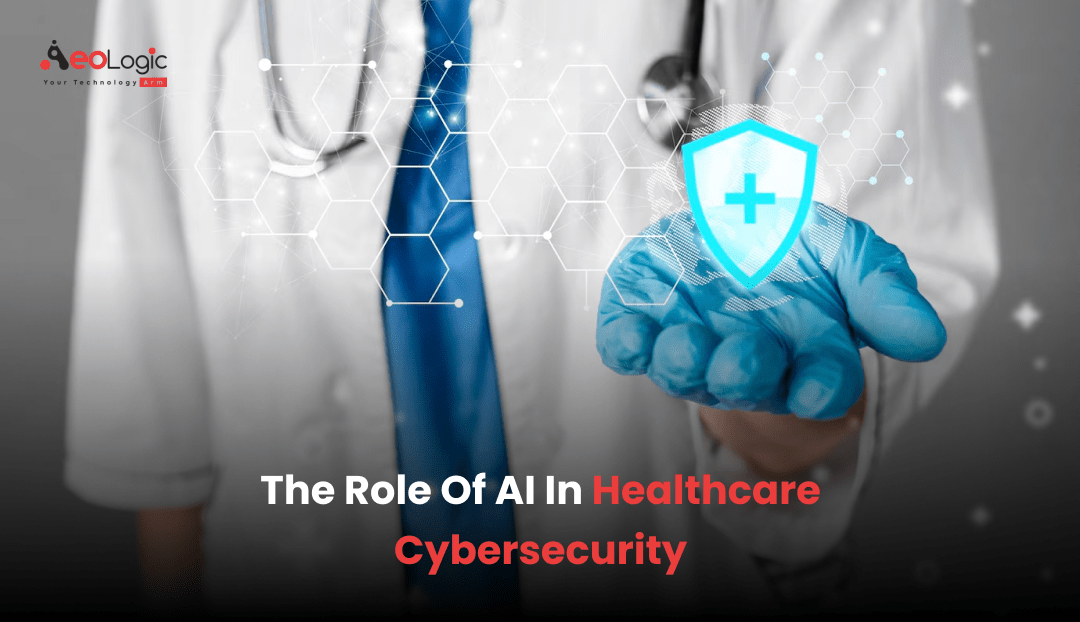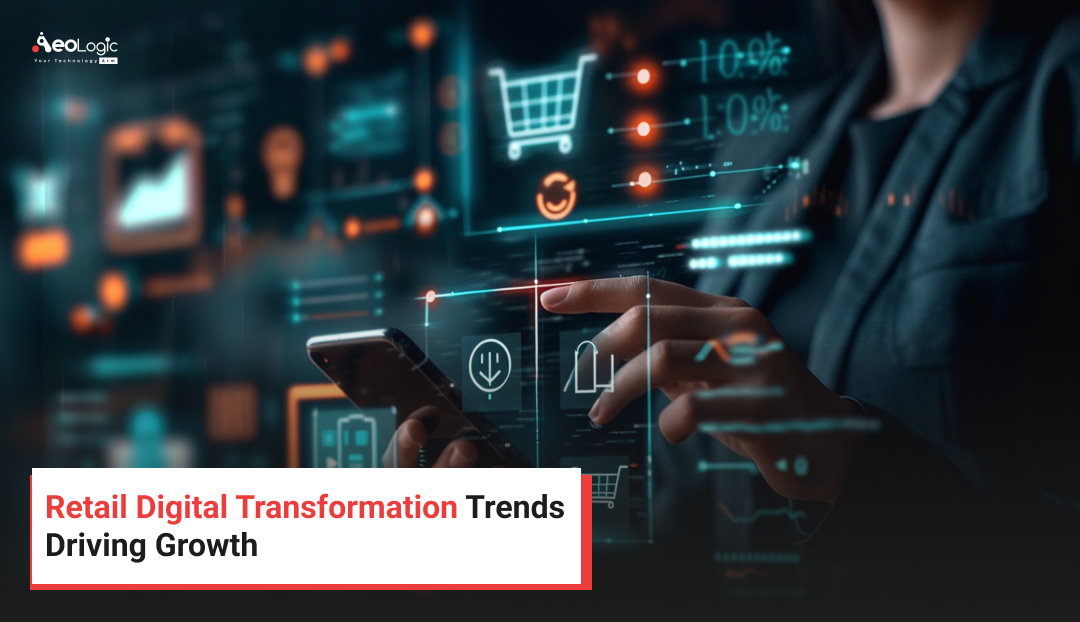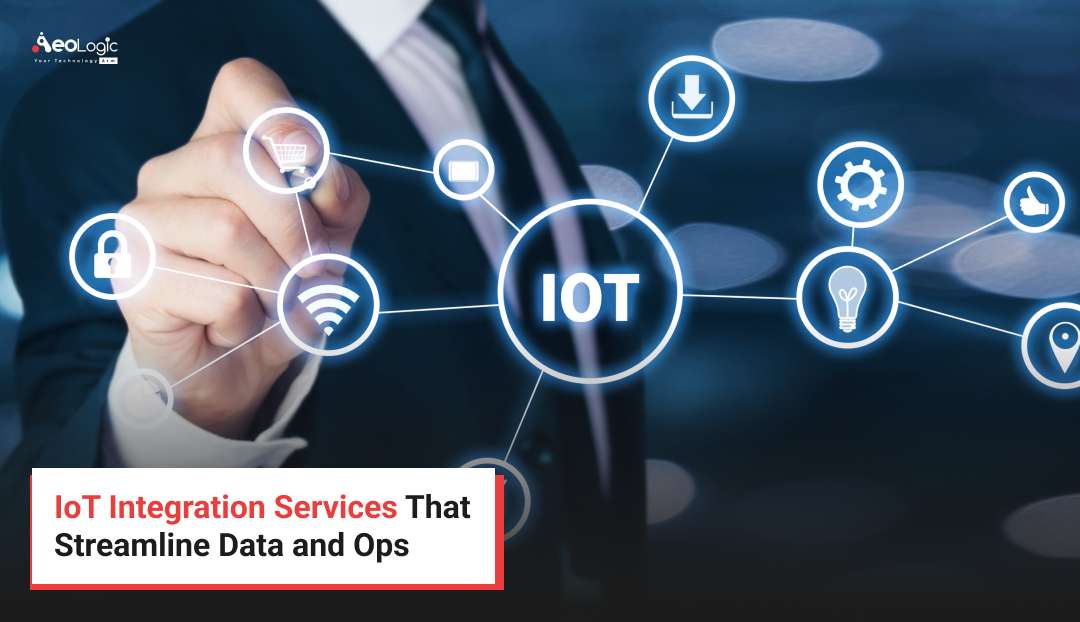Every day, a lot of private information is handled in the healthcare sector. Think about it: hospitals and medical clinics handle everything, from dental records and information on emergency treatments and other surgeries that patients may want to keep private. That’s why using AI in cybersecurity in this field is no longer just something that big names in the field do.
Find out how machine learning, natural language processing, and adaptive learning are being used in hospitals and clinics to keep their patient data and networks safe. AI is also being used by the government to protect cyberattacks.
The Use of AI in Cybersecurity
AI has been demonstrated to be a valuable instrument in the field of cybersecurity, as numerous products are currently available that utilize this sophisticated technology. AI-based tools, such as antivirus/antimalware, data loss prevention, fraud detection/anti-fraud, identity and access management, intrusion detection/prevention systems, and risk and compliance management, can more effectively detect threats and safeguard systems and their data sources.
SaaS platforms implement artificial intelligence (AI) to assist organizations in making more informed decisions regarding the location of risks and the controls that should be implemented to mitigate them. AI to generate predictive risk assessments by utilizing millions of risk scenarios that have been analyzed within the software over time. These AI features enable organizational leaders to make more informed risk-rating decisions and optimize their limited resources by enabling analysts and managers to focus on higher-level tasks rather than becoming entangled in data preparation.
Although there is still a significant amount of work to be done in order to gain a comprehensive understanding of AI, the cybersecurity sector is already implementing some intriguing methods. AI is frequently employed to identify and safeguard against attacks. AI systems assist in the reduction of noise and the identification of more focused duties for cybersecurity experts by supporting detection. AI also assists in the prioritization of these responses and can even assist in the development of semi-automated responses to avert attacks. Lastly, AI is being employed to analyze the actions of attackers in order to better understand and forecast their next move. This can assist security professionals in proactively protecting their systems and data.
Acumen Research and Consulting predicts that the global market for these tools will reach $133.8 billion by 2030, a figure that is based on the technological advancements and capabilities of AI in cybersecurity in recent years. This expansion can be attributed to a variety of industry patterns, such as the increased demand for protection for at-home workers and the rise in attacks following the COVID-19 pandemic.
Also Read: How AI in Healthcare Improves Patient Care in 2024?
How AI is Revolutionizing Security in Healthcare
Healthcare organizations are increasingly relying on AI. They utilize it to manage the massive amounts of data they collect. The objective is to gather valuable information and enhance patient-related decisions. In addition, AI systems can streamline processes for the entire profession by reducing red tape.
However, there is a snag. These organizations are prime targets for hackers due to the quantity of data in healthcare. The criminals also employ AI to circumvent traditional cyber protections. For healthcare facilities of all sizes, this poses a serious challenge. Hackers are employing a wide range of techniques that incorporate AI.
In this category, you may find assaults that make use of dark web services or AI kits. This may refer to AI that guesses passwords, assists hackers, or exploits deep fake technology to deceive people. Ransomware, advanced persistent threats (APTs), and BEC are only a few examples of the newer cyberattacks backed by AI. Here, artificial intelligence gets combined with current attack kits to increase their strength. It would be significantly more difficult to resolve ransomware cases if AI assisted ransom-requesters.
AI-powered APTs raise some eyebrows. Here, cybercriminals often probe and attack hospital IT systems using AI. They stay under the radar for a long time and undertake covert long-term spying. By doing so, they are able to evade conventional cyber defenses while quietly stealing sensitive information. Leaders in the C-suite and beyond are increasingly vulnerable to these cyber threats as they evolve and expand. Criminals are vying for sensitive data that might compromise numerous healthcare systems.
Healthcare organizations must, therefore, maintain a high level of expertise more than ever before. To successfully combat these evolving dangers, they must establish robust cyber safeguards.
Strategies for the Future: AI in Cybersecurity
AI is increasingly being integrated into cybersecurity solutions, with leading vendors such as Cisco and Google Cloud partnering to strengthen defenses against cyber threats Although the use of AI by malicious actors is key concerning though, industry leaders like Google CEO Sundar Pichai are optimistic that AI can enhance cybersecurity .
AI-powered solutions provide many benefits by helping to identify and segment data to identify security gaps, establish rights of access and also help enforce identity access policy based on business value and business process considerations. AI response systems enhance infrastructure through real-time intrusion detection and response, enabling robust investigations and rapid responses to cyber threats
For cybersecurity policies, the National Institute of Standards and Technology’s Cybersecurity Policy 2.0 plays a key role. It encourages integration by involving different stakeholders, standardizes terminology to improve communication, and empowers decision makers throughout the organization This process a implementation across the enterprise builds trust and ownership among all stakeholders in addressing cyber threats.
Also Read: Why Is Digital Transformation Important In The Healthcare Industry?
Final Words
While the use of AI brings new challenges to cybersecurity, it also presents opportunities for healthcare organizations to enhance their security. By leveraging AI-enabled solutions for data analysis, access and threat detection, organizations can strengthen their cybersecurity posture.
As the landscape continues to evolve, proactive implementation of AI-driven cybersecurity measures will be essential to protecting patients and staff from malicious attacks.
Aeologic Technologies is at the forefront of these innovations, supplying insights and solutions that harness the power of cybersecurity in healthcare.

I’m Deepika Pandey, an SEO strategist and content writer with 6+ years of experience. I create SEO-friendly content that drives traffic and engages readers. I combine data insights with creativity to help businesses grow their online presence effectively.







